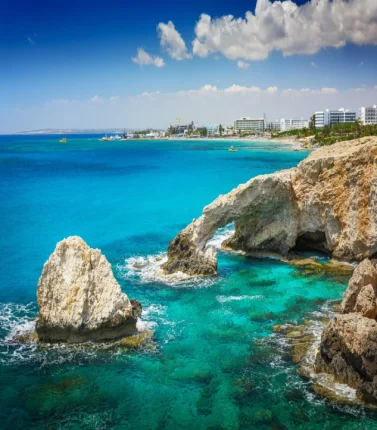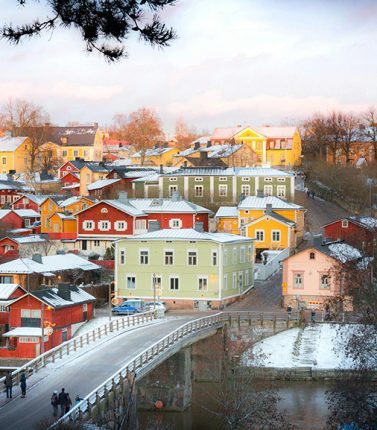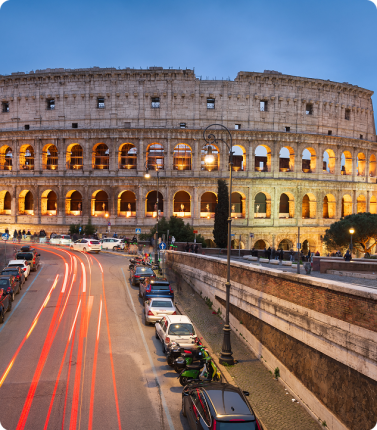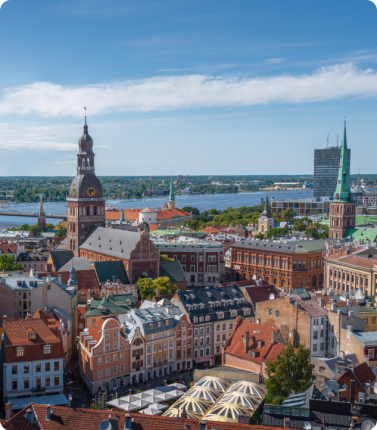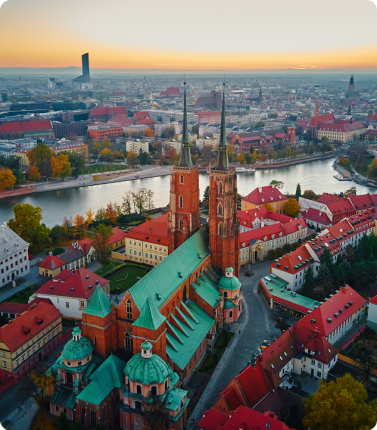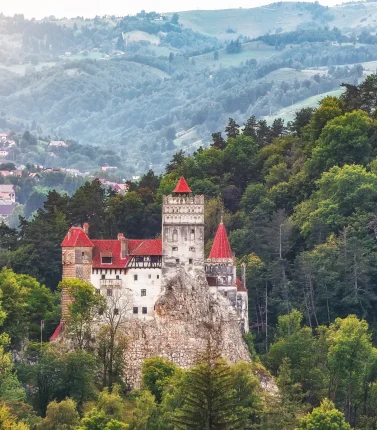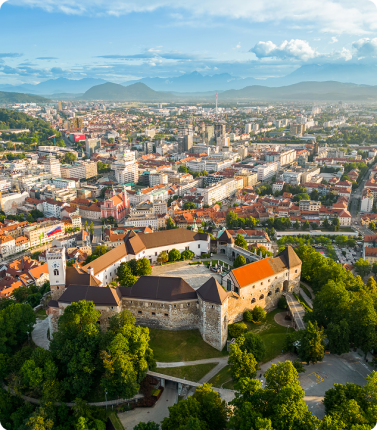Your Path to European Citizenship
We turn heritage into possibilities. Start by checking your eligibility.

Discover eligibility across Europe
Quick view
Eastern European
Start a simple citizenship process
Eligible Generations:
Up to your great-grandparents.

Travel Required?
No

Ways to Apply
2 ways

Language Required?
No
Eligible Generations:
Up to great-grandparents.

Travel Required?
No

Ways to Apply
2 ways

Language Required?
No
Eligible Generations:
Great-grandparents or further.

Travel Required?
No

Ways to Apply
2 ways

Language Required?
No
Eligible Generations:
Up to great-grandparents.

Travel Required?
No

Ways to Apply
4 ways

Language Required?
No
Eligible Generations:
Up to great-grandparents.

Travel Required?
No

Ways to Apply
2 ways

Language Required?
No
Eligible Generations:
Parents, with limited exceptions.

Travel Required?
Yes

Ways to Apply
1 Way

Language Required?
Yes
Eligible Generations:
Up to grandparents.

Travel Required?
Yes

Ways to Apply
2 ways

Language Required?
Yes
Eligible Generations:
No generation limit if victim of National Socialism

Travel Required?
No

Ways to Apply
2 ways

Language Required?
No
Eligible Generations:
Up to grandparents.

Travel Required?
No

Ways to Apply
2 ways

Language Required?
No
Eligible Generations:
Great-grandparents.

Travel Required?
No

Ways to Apply
2 Ways

Language Required?
Yes
Eligible Generations:
Up to grandparents with limited exceptions.

Travel Required?
No

Ways to Apply
1 way

Language Required?
No
Eligible Generations:
Up to grandparents.

Travel Required?
No

Ways to Apply
2 ways

Language Required?
No
Eligible Generations:
Great-grandparents or more.

Travel Required?
No

Ways to Apply
2 ways

Language Required?
Some cases.
Eligible Generations:
Up to great-grandparents.

Travel Required?
No

Ways to Apply
2 ways

Language Required?
No
Eligible Generations:
Up to great-grandparents or more.

Travel Required?
Sometimes

Ways to Apply
3 ways

Language Required?
No
Eligible Generations:
Great-grandparents or more.

Travel Required?
No

Ways to Apply
2 ways

Language Required?
No
Eligible Generations:
Up to great-grandparents.

Travel Required?
No

Ways to Apply
1 way

Language Required?
No
Eligible Generations:
Up to great-grandparents.

Travel Required?
No

Ways to Apply
2 ways

Language Required?
Sometimes
Eligible Generations:
Up to your great-grandparents.

Travel Required?
No

Ways to Apply
2 ways

Language Required?
No
Eligible Generations:
Up to great-grandparents.

Travel Required?
No

Ways to Apply
2 ways

Language Required?
No
Eligible Generations:
Up to great-grandparents or more.

Travel Required?
Yes

Ways to Apply
2 ways

Language Required?
Yes
Eligible Generations:
Up to great-grandparents.

Travel Required?
Yes

Ways to Apply
3 ways

Language Required?
No
Countries without ancestry-based citizenship
Belgium
Dual citizenship is allowed now, but you cannot reclaim citizenship based on ancestry (e.g., grandparent was Belgian). Belgium focuses on birth or long-term residence.
Denmark
Denmark allows dual citizenship, but ancestry alone does not qualify. Eligibility depends on legal residence or specific descent rules.
Netherlands
Netherlands allows dual citizenship in limited cases. Ancestry-based claims are not sufficient; long-term residency or special exceptions are usually required.
Estonia
Estonia accepts dual citizenship in select circumstances, but ancestral claims are not a valid pathway. The law prioritizes birthright and legal residence.
Sweden
In Sweden, dual citizenship is only passed directly from parent to child. Sweden does not grant citizenship based on more distant ancestors such as grandparents or great-grandparents.
Frequently asked questions
Which countries allow dual citizenship?
Most EU countries allow dual citizenship, including Germany, Ireland, Italy, Spain, and Poland. However, a few countries have restrictions or require prior government permission.
Does the timeline vary depending on the country?
Yes, timelines can vary significantly by country. Some countries process applications in a few months, while others may take over a year. Your eligibility report will provide estimates based on the country you're eligible for.
What EU countries are jus sanguinis?
Jus sanguinis (citizenship by bloodline) is the legal basis for citizenship in most EU countries. Nations like Italy, Ireland, Germany, Poland, Hungary, Lithuania and Portugal all allow citizenship through ancestry. The rules vary, but the principle is widely used across Europe.
What is the easiest country to get citizenship by descent?
Countries like Italy and Ireland are often considered the easiest because they have no generation limits (in some cases), do not require residency, and have well-defined application processes. However, the easiest country for you depends on your family history, which is exactly what our assessment will determine.
Which countries allow citizenship through grandparents or great-grandparents?
Several EU countries allow citizenship through grandparents or even great-grandparents, including Italy, Poland, Lithuania, Slovakia, and Romania. The eligibility depends on factors like when and how your ancestors left the country, and whether they lost citizenship after emigrating.
Do I need to live in the country to apply for citizenship by descent in Europe?
In most cases, no. If you're eligible for citizenship by descent, residency is often not required. Countries like Italy, Ireland, and Poland allow you to apply from abroad. However, some countries may require short periods of residency or cultural connection.
Do I need to speak the country’s native language to get dual citizenship?
Not necessarily. For citizenship by descent, many countries do not require language tests. However, for citizenship through naturalization or marriage, countries like Germany, Portugal, or Spain may require proof of language proficiency.
What countries do not allow dual citizenship?
While most EU countries allow dual citizenship, a few (like Austria, for example) have stricter policies. Some may require official permission to retain citizenship or make exceptions for descendants or special cases.







